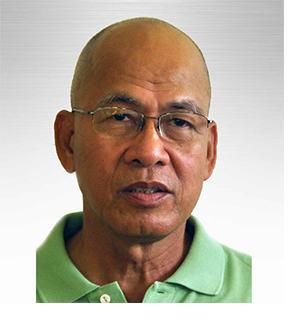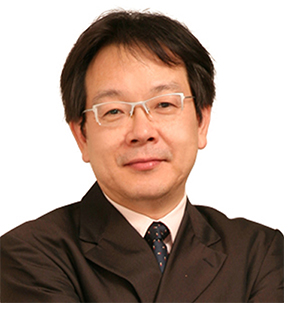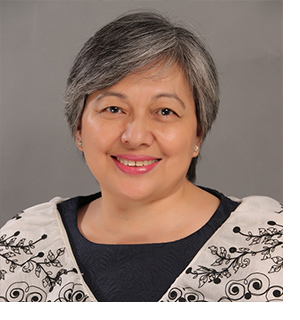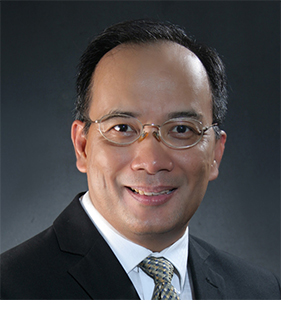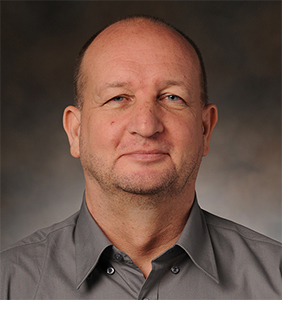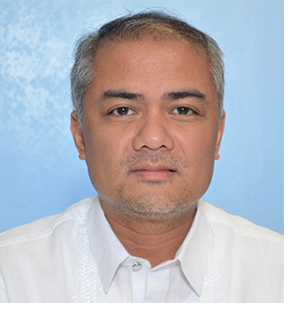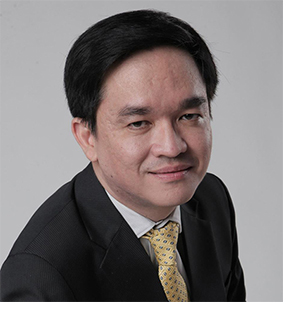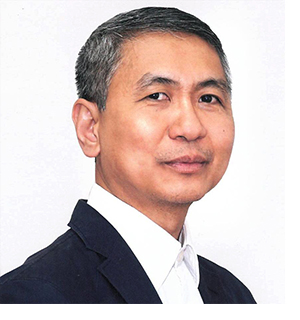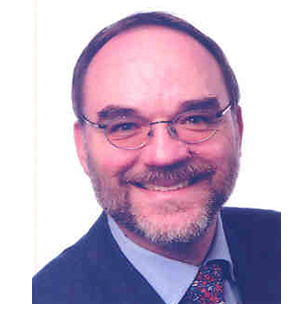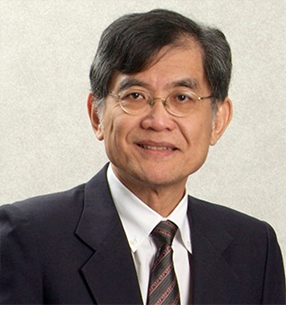Eufemio T Rasco Jr.
Eufemio Rasco Jr. is a member of the NAST Philippines (NAST Phil), serving as chair of the Agricultural Sciences Division since 2015. He is best known for his pioneering work on hybrid breeding of indigenous tropical vegetables, the product of which are commonly found in farms and markets of the Philippines and other tropical countries, even today, 30 years after their initial release. His research also covered plant physiology, agronomy, and agriculture’s impact on the environment. He is author of 5 books, 1 monograph, and close to 100 journal publications, majority of which are peer reviewed. His book, The Unfolding Gene Revolution, was recognized by NAST Phil as an Outstanding Book in 2008.
His teaching career started at the UP Los Baños (UPLB) where he also served as director of the Institute of Plant Breeding. He was also first dean of the College of Science and Mathematics of UP Mindanao. In between, he served as coordinating scientist of the International Potato Center, assigned to the Asian network. He also helped establish East West Seed Company (now number 1 in Global Access to Seed Index) and served as consultant for eight years during the company’s infancy in the Philippines.
He studied at UPLB for his Master of Science in Horticulture and at Cornell University for his PhD in Plant Breeding.
His last government assignment was as executive director of the Philippine Rice Research Institute. His current project is a book, The Inconvenient Truth About Rice, which advocates linking of agriculture with human nutrition and environmental care.

